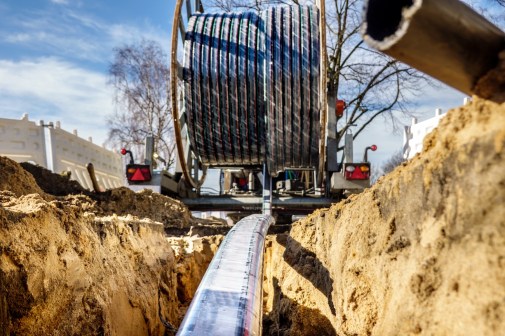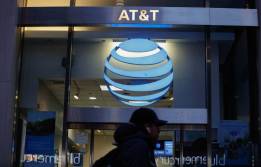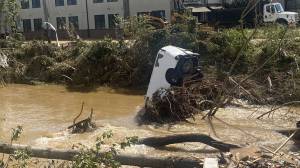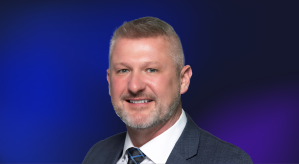New York congressman introduces broadband mapping bills
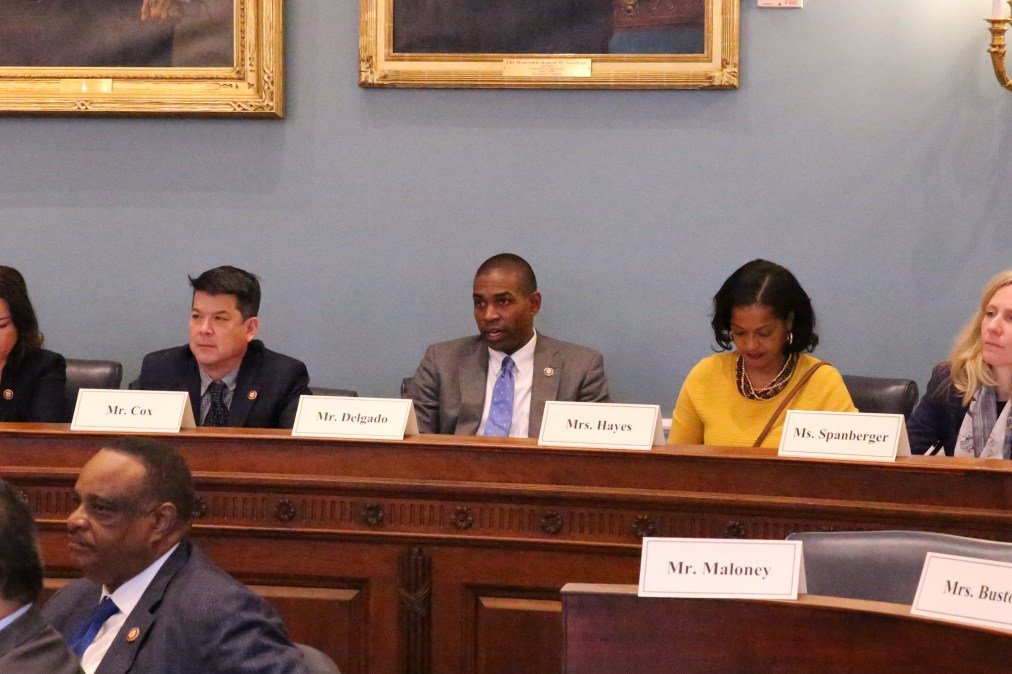
Rural communities could benefit from two bills introduced in Congress last week designed to improve the Federal Communications Commission’s broadband data collection and mapping process.
Rep. Antonio Delgado, D-N.Y., introduced the Broadband Speed Act and the Community Broadband Mapping Act last Thursday, citing the “urgent crisis” of rural broadband access as one of the biggest problems facing places like his Upstate New York district. The bills are also the latest in a long list of legislation introduced this year aimed at closing the digital divide.
The first bill would force broadband providers to report internet speeds that customers are receiving across their service areas to the FCC via a “reasonable sample” taken annually. The Community Broadband Mapping Act, meanwhile, would allow rural governments, economic development corporations and telecommunications cooperatives to collect data about broadband infrastructure in their communities, including which homes are connected and where the infrastructure is located. The idea is to give communities more data to challenge the FCC’s current broadband maps, which are drawn with coverage data supplied solely by internet service providers.
Both bills are aimed at reforming the way that large ISPs and the FCC measure broadband access. Currently, the FCC collects data by allowing ISPs to measure their coverage in census blocks, which can vary dramatically in size. Although FCC Chairman Ajit Pai announced in June a new, polygonal-based collection system that will be integrated into the census-block system, rural communities still struggle to take recourse if they are falsely counted as “covered” by their internet service provider.
The Broadband Community Mapping Act would make that recourse easier, Delgado said, by allowing local organizations to challenge the FCC’s maps. Officials in North Carolina, Vermont and West Virginia have attempted or considered challenges over the last year, which often require months of speed tests across the state or county. The bill would provide grants to any organization interested in collecting the data in a rural area, funding that work for communities that don’t have resources to do it themselves.
The Broadband Speed Act would also provide more accurate internet speed data for the FCC’s maps than it currently receives. The FCC — which requires that internet connections download at least 25 megabits per second and upload at least 3 Mbps in order to be labeled “high-speed broadband” — does not verify that ISPs are actually providing the quality of service that their customers are paying for. Jeff Sural, the director of the North Carolina Department of Technology’s broadband infrastructure office, said his team has seen companies take advantage of this lack of oversight.
“So far, one thing we have gleaned from our crowdsourcing tool is that there are a number of locations in areas where the FCC says there is that are not getting those speeds,” Sural told StateScoop last month.
The Broadband Speed Act would levy a fine on any wireless carrier who willingly provides slower internet speeds than what customers in the area are paying for.
